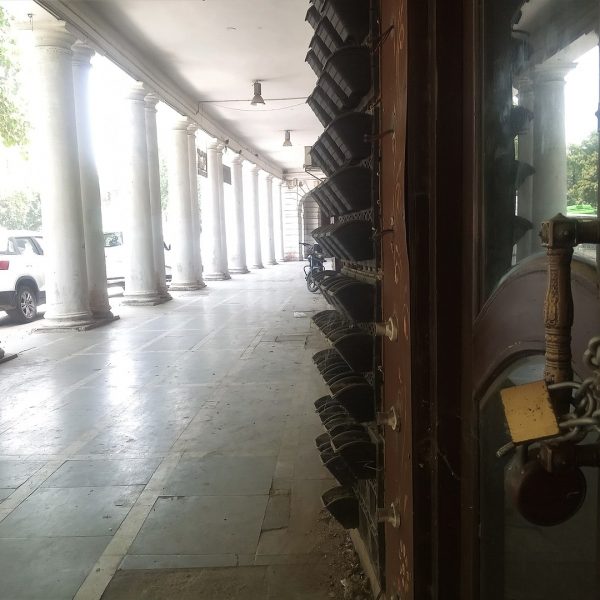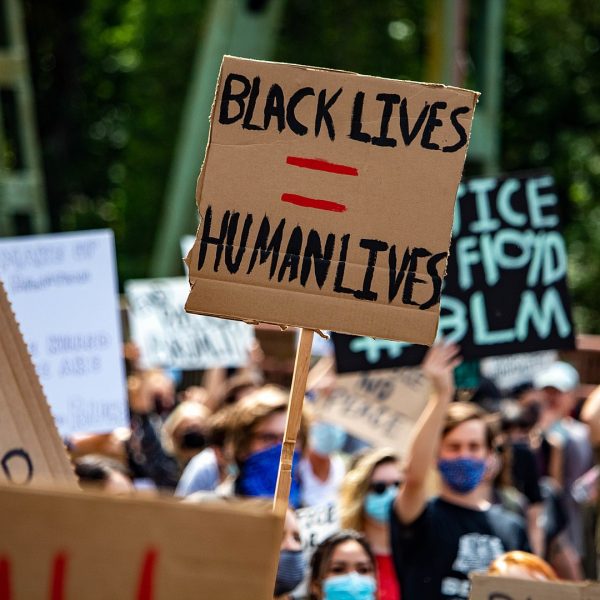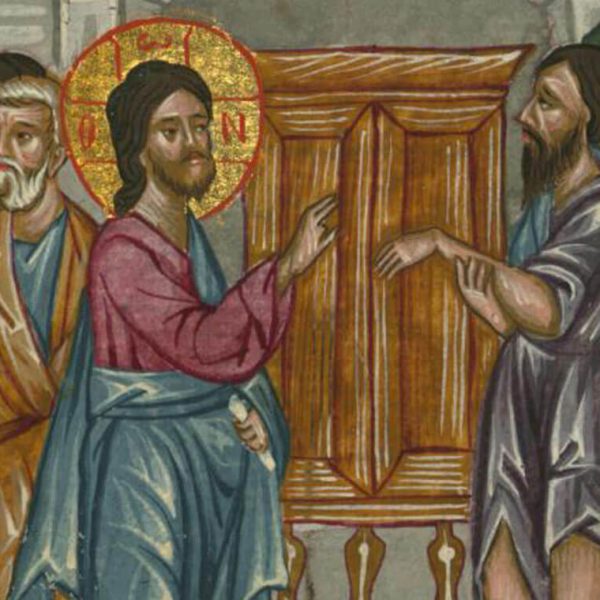
During this season of Lent the pandemic gives us quite a taste of the Exodus journey of our mothers and fathers in the faith. Even though there are signs of hope (the vaccine being one of them), we are like those walking around in the wilderness without having much hope or orientation.
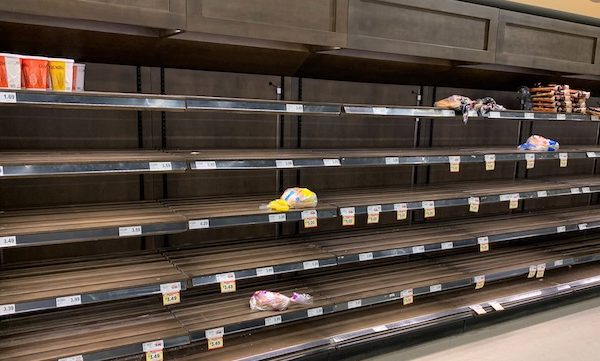
In the midst of a pandemic, can these Advent texts speak to our grief, both collective and personal, in political ways? These scriptures reveal that to grieve is to bear witness to our tears through righteous anger. They interrogate how our lives are structured along inequitable lines in this present moment and counter a simple return to how things were.
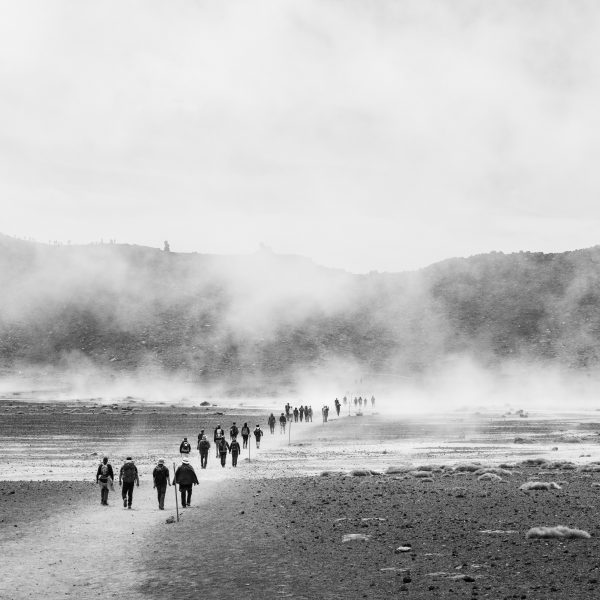
While the pandemic challenges our physical borders, it simultaneously bridges our differences, revealing that we are all migrants.
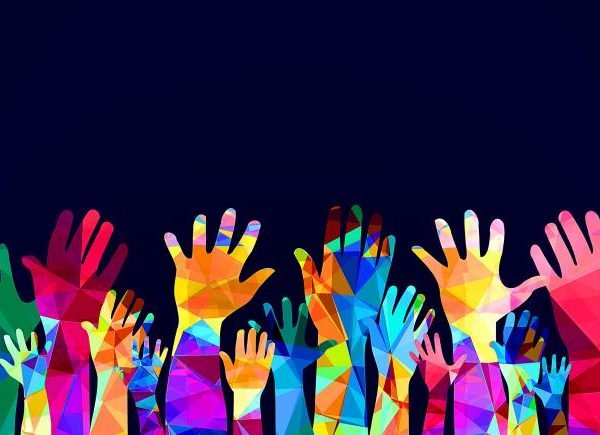
Blaming Covid 19 on the World Health Organization or on a lab in China and calling Black Lives Matter “radical leftist extremists” follow the American-populist playbook of responding to duress by targeting an alien “other” who have wronged “us” and whom “we’re” right to combat with force.

It is consistent to say that everyone is equally intrinsically valuable by virtue of being human, and that death will deprive more future well-being from some. Focusing on the deprivation of future well-being will immediately bring up concerns.


